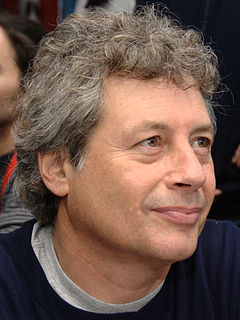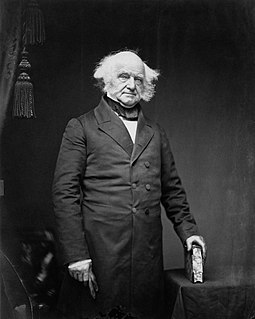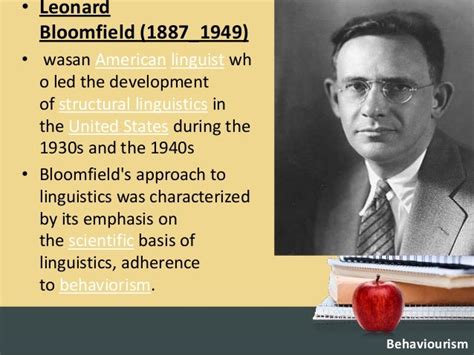A Quote by W. H. Auden
If the most significant characteristic of man is the complex of biological needs he shares with all members of his species, then the best lives for the writer to observe are those in which the role of natural necessity is clearest, namely, the lives of the very poor.
Related Quotes
In however complex a manner this feeling may have originated, as it is one of high importance to all those animals which aid and defend one another, it will have been increased through natural selection; for those communities, which included the greatest number of the most sympathetic members, would flourish best, and rear the greatest number of offspring.
There is a kind of grandeur and respect which the meanest and most insignificant part of mankind endeavor to procure in the little circle of their friends and acquaintance. The poorest mechanic, nay, the man who lives upon common alms, gets him his set of admirers, and delights in that superiority which he enjoys over those who are in some respects beneath him. This ambition, which is natural to the soul of man, might, methinks, receive a very happy turn; and, if it were rightly directed, contribute as much to a person's advantage, as it generally does to his uneasiness and disquiet.
Each of these [bacterial] species are masterpieces of evolution. Each has persisted for thousands to millions of years. Each is exquisitely adapted to the environment in which it lives, interlocked with other species to form ecosystems upon which our own lives depend in ways we have not begun even to imagine.
When you feel discouraged or simply lazy, as is bound to happen sometimes, remember the millions of people in the world who have not had your privilege. Remember the poor and obscure lives of those countless millions who suffer from every sort of deprivation and frequently find themselves the unwilling victim of wars, and a variety of cruelties, perpetuated by man on man. Is it not significant that the first bid for self realization, among the poor and downtrodden, is to assert their right to education?
If it were possible to transfer the methods of physical or of biological science directly to the study of man, the transfer would long ago have been made ... We have failed not for lack of hypotheses which equate man with the rest of the universe, but for lack of a hypothesis (short of animism) which provides for the peculiar divergence of man ... Let me now state my belief that the peculiar factor in man which forbids our explaining his actions upon the ordinary plane of biology is a highly specialized and unstable biological complex, and that this factor is none other than language.
Zoologists have reckoned there are up to at least 750 species of animal that have been observed exhibiting same-sex behaviour, or gender role transformation (which is very common in a wide range of fauna). There is only one species on earth, however, which has exhibited homophobia or transphobia. And that is the species homo sapiens sapiens. Us. So let's not allow the foolish, ignorant or bigoted ever to use words like "natural."
The biblical passage which says of Abraham and the three visiting angels: "And He stood over them under the tree and they did eat" is interpreted by Rabbi Zusya to the effect that man stands above the angels, because he knows something unknown to them, namely, that eating may be hallowed by the eater's intention.... Any natural act, if hallowed, leads to God, and nature needs man for what no angel can perform on it, namely, its hallowing.
If an organised body is not in the situation and circumstances best adapted to its sustenance and propagation, then, in conceiving an indefinite variety among the individuals of that species, we must be assured, that, on the one hand, those which depart most from the best adapted constitution, will be most liable to perish, while, on the other hand, those organised bodies, which most approach to the best constitution for the present circumstances, will be best adapted to continue, in preserving themselves and multiplying the individuals of their race.







































